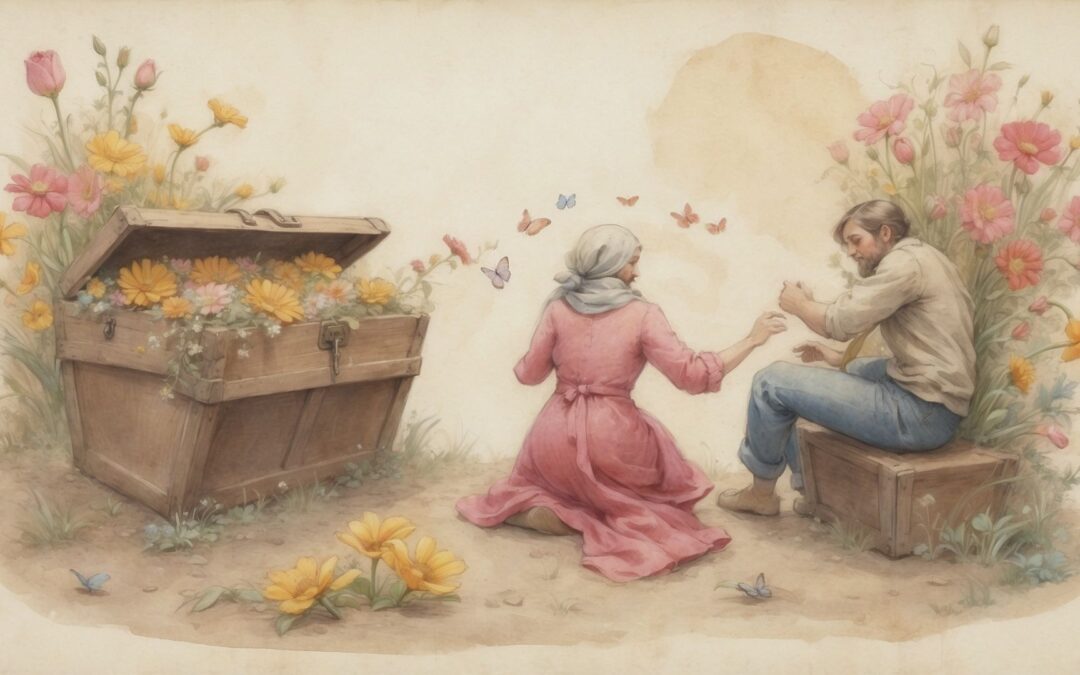We all have them – those little routines and behaviors so ingrained we could do them on autopilot. From the snooze button symphony each morning to the familiar order at your favorite coffee shop, habits provide structure and comfort. But when they stand in the way of growth? That’s when “old habits die hard” steps onto the scene.
Picture trying to start eating healthier. Despite promises to yourself, those late-night cravings for fries feel as if they’re wired into your very being. Or think of someone learning a new skill – their old techniques stubbornly linger, slowing progress. This proverb speaks to the struggle of letting go of routines, even when we consciously want change.
Why’s it so hard? Our brains love efficiency. Habits form strong neural pathways – think of them as comfy mental highways your thoughts zip down without effort. Re-routing takes time, and there’s bound to be some frustration along the way. Here’s why a saying like this matters: it validates the genuine challenge of shifting long-standing patterns, making us less likely to throw in the towel at the first setback.
Of course, there’s always nuance. Saying “old habits die hard” to someone deeply struggling with something destructive becomes harmful, not helpful. In those cases, it dismisses their pain. Addiction, for example, isn’t just a matter of old habits, it involves complex physical and psychological dependencies. The proverb falls flat with serious, entrenched struggles.
Where did this phrase come from? Turns out, the basic idea dates back to ancient times – there are nods to it in writing from over 2000 years ago! The actual wording we know seems to appear in the 1500s. This longevity shows just how universal this issue is, how many generations have fought to rewire themselves.
In a world packed with messages about instant gratification and quick fixes, let this proverb be a dose of realism. Changing the patterns etched into your life takes focused effort, and even some stumbles along the way. But guess what? Understanding that those stumbles are expected makes the journey just a little bit easier.












0 Comments